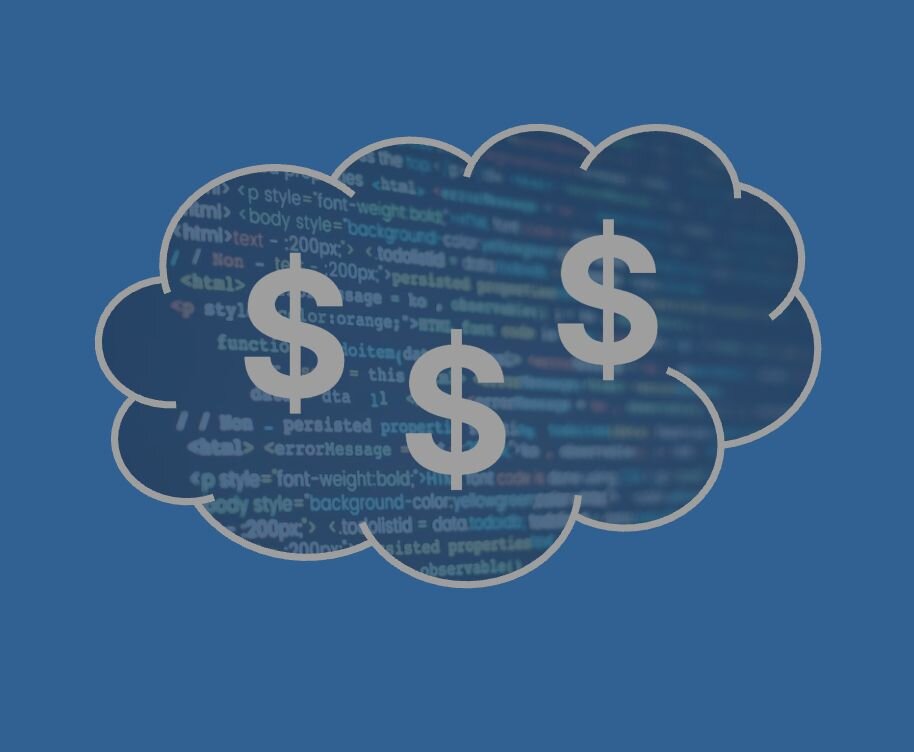
In our latest AI Working Group session, we explored several fascinating developments at the intersection of artificial intelligence, content creation, and information management. The discussions revealed both concerning trends and promising opportunities in how AI is reshaping our digital landscape.
The Rise of "Slop Farming" and AI-Generated Content
One of the most concerning trends discussed was the emergence of "slop farming" – the practice of using AI to flood social media with mass-produced content. This practice (interesting piece here in Futurism about how it is done) threatens to overwhelm platforms with low-quality material designed primarily to capture attention rather than provide value.
"As AI makes content generation nearly free, we're facing a potential degradation of signal-to-noise ratio across the entire internet."
Our working group debated whether this trend might ultimately undermine the business model of many internet platforms, which rely on human-created content to drive engagement. This raises important questions about how we'll discover quality information in an increasingly AI-saturated environment.
Transforming Information Consumption Through AI
On a more positive note, the group shared innovative approaches to using AI for processing and distilling information from podcasts and other media. With so much content to consume, one of our working group participants demonstrated a workflow that combines several AI tools to transform podcast content:
- Downloading podcast MP3s via Pod Bean
- Transcribing content with specialized AI
- Using Claude to identify key topics and extract important points
- Creating structured summaries with precise timestamps for reference
This approach transforms hours of audio content into digestible formats, potentially solving the "podcast backlog" problem many information workers face.
The Evolution of Prompt Engineering
As the discussion continued, the group noted how rapidly prompt engineering has evolved from an emerging specialty to a more widely distributed skill. As one participant observed:
"What was once considered a specialized role is now becoming table stakes for effective AI interaction."
The discussion highlighted remarkable advances in both image and video generation capabilities, with examples of how these technologies are being applied to branding and creating realistic visualizations. The integration of different modal capabilities (text, image, audio) is also accelerating rapidly.
Information Management in the AI Era
A significant portion of the discussion focused on tools and strategies for managing the overwhelming flow of information in the AI age. The group explored several approaches:
- Using Readwise Reader to save and organize highlights from various sources
- Creating personalized RSS feeds to curate information outside algorithmic recommendations
- Building personal knowledge management systems that integrate with AI tools
- Focusing on tools with robust APIs that enable customization and extensibility
The consensus was that maintaining ownership of one's information ecosystem is becoming increasingly important as AI transforms how we consume and process content.
The Future of AI Reasoning
Perhaps most intriguing was the discussion about recent breakthroughs in training reasoning processes in AI models. The group examined a paper describing a model trained to reason without labeled examples by using an external code tool to verify its thinking. Starting with math problems, the model gradually increased difficulty levels for itself, demonstrating a form of self-directed learning.
While currently limited to domains like mathematics and programming where answers can be definitively verified, this approach points toward AI systems that might eventually reason about more subjective domains.
Key Takeaways
- Content quality challenges: We need better systems for identifying valuable content as AI-generated material proliferates.
- Personal automation opportunities: There's enormous untapped potential in creating personalized AI workflows that help process information more efficiently.
- Tool integration is critical: The most powerful applications combine multiple specialized tools rather than relying on single solutions.
- Information ownership matters: Building personal information ecosystems outside algorithmic platforms is becoming increasingly important.
As one participant aptly summarized:
"We're not just witnessing incremental improvements in AI capabilities – we're seeing whole new categories of possibilities emerge."
The next session will be Jun 6, 2025. If you haven’t joined before, or want to know more, get in touch below.
Latest Tech Updates in Your Industry
Designed to keep employees, clients, and our valued external audience up to date with the latest developments in software news and innovation. It is your go-to source for all things cutting-edge in the tech industry.
Related Updates


























Contact Us

New York, NY 10003



New York, NY 10003, U.S.A.
London, EC4A 3TW,



